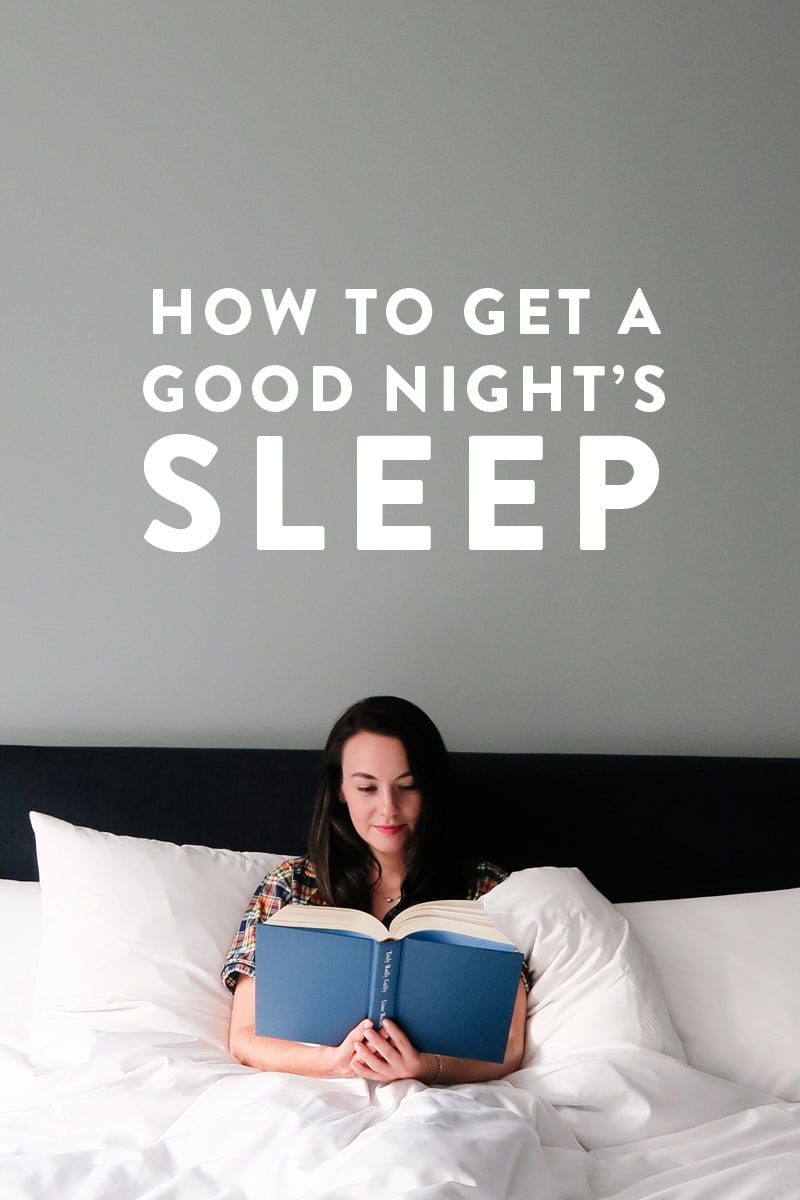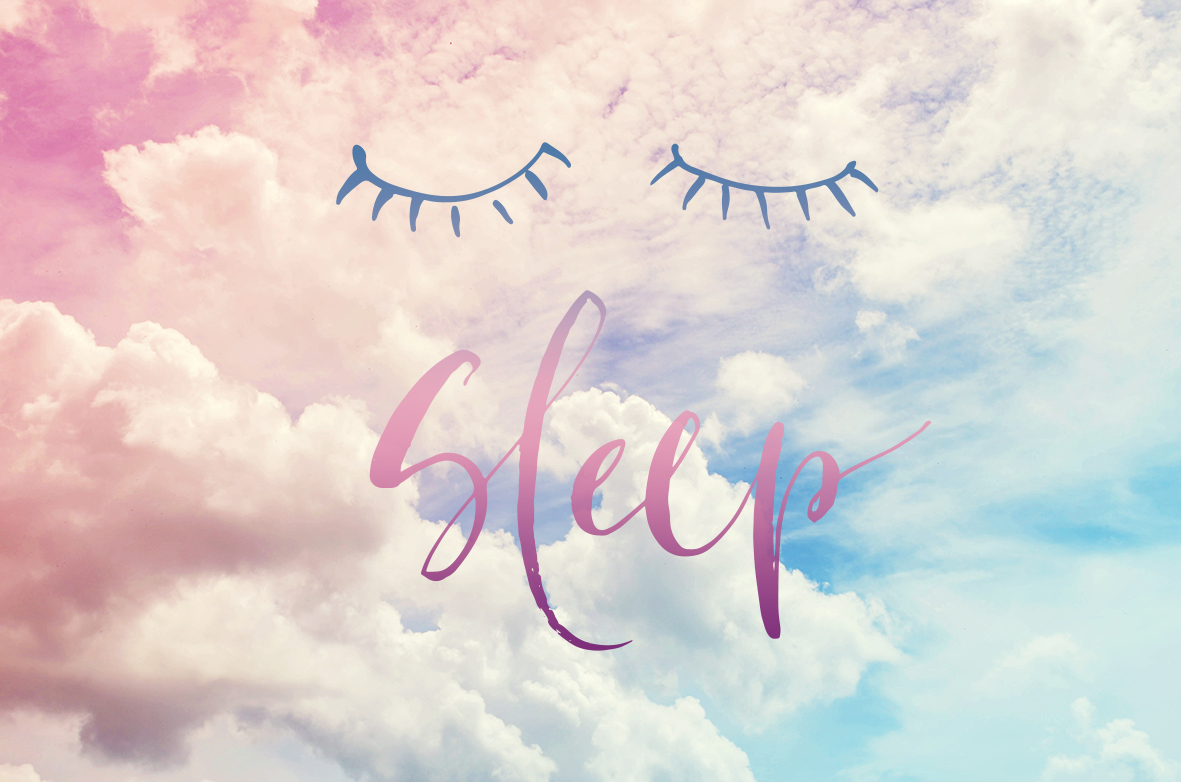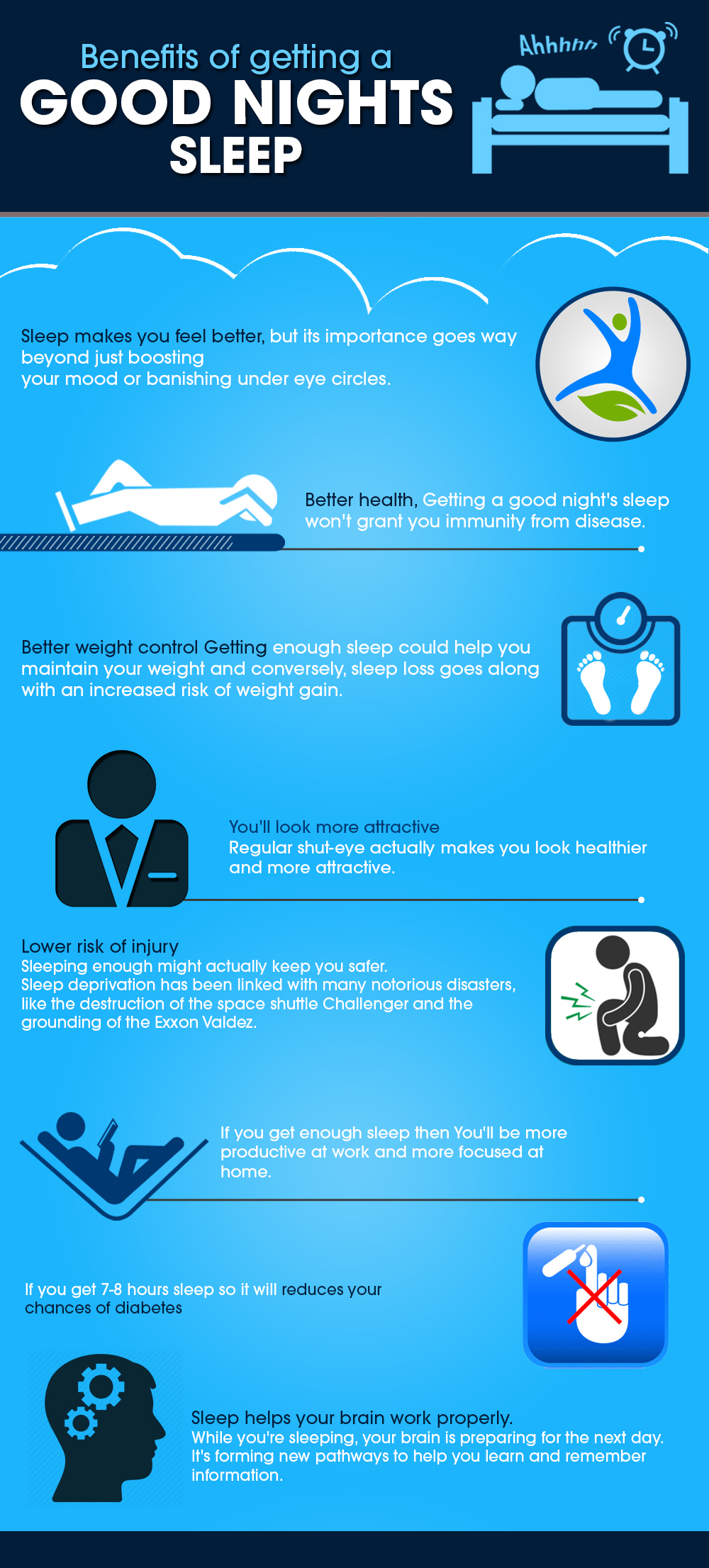
Many of us wear our sleep deprivation as a badge of honor. I’m so busy and popular and important that I barely have time to sleep. All too often, sleeping is the thing we do when we can’t think of anything else we want to get done. Sadly, that’s a really backwards way of looking at it. We’d


Many of the foods and drinks that pass your lips during the day have an impact on your sleep at night. From your pick-me-up coffee to evening snacks and even the vitamins you take, these can be the culprits when you find yourself staring …
Do you find nodding off hard work? If you struggle to stop your brain going round at 100 miles an hour, here are a few possible reasons why: Your body clock alters in your teen years which means that waking and sleeping times get later and later.
/about/182213287-56a6f4c45f9b58b7d0e5aba9.jpg)


Sleep Problems. What’s there to know about sleeping? Sleep problems are some of the most common problems parents face with their s. You may wonder about how to get your to sleep through the night.
Mar 13, 2018 · Habits to improve your sleep. There are some important habits that can improve your sleep health: Be consistent. Go to bed at the same time each night and get up at the same time each morning, including on the weekends.


Good Things To Eat At Night with How To Baby Sleep and sleepiness is common in the general population among people with sleep problems that and sleep disorders like sleep walking snoring sleep apnea with Things To Do When You Cant Sleep then Can Melatonin Cause Insomnia and Sleep Better Tips For Good Sleep At Night with Are you able to get …
Essential tips for managing TV, tablets, phones, and more so your s (and you) can get to sleep — and stay asleep. Advice from Common Sense Media editors.
It’s not surprising you feel that you’re not functioning at your best today. Some people say they can function on four to six hours of sleep each night, but research shows that adults who get fewer than seven hours of sleep — whether for just one night or over the course of days, weeks, or months — have more difficulty concentrating and
Sleep deprivation may be undermining teen health. Lack of sufficient sleep–a rampant problem among teens–appears to put cents at risk for cognitive and emotional difficulties, poor college performance, accidents and psychopathology, research suggests.
16 Ways to Get a Better Night’s Sleep — Without Popping a Pill Tossing and turning every night? Try these easy ways to get a better night’s rest, straight from the experts.

